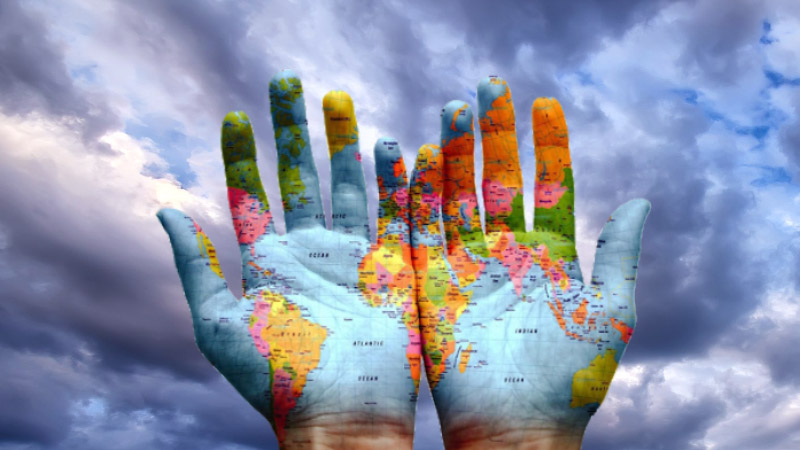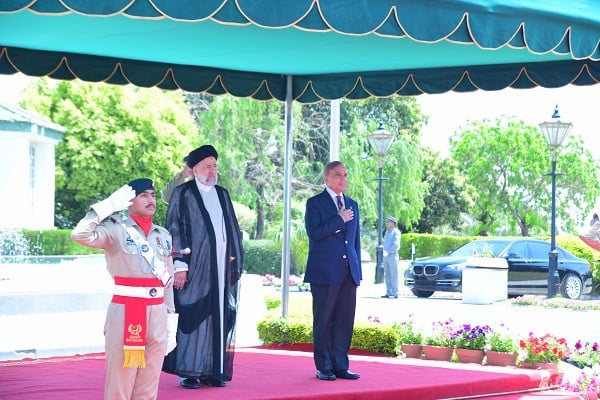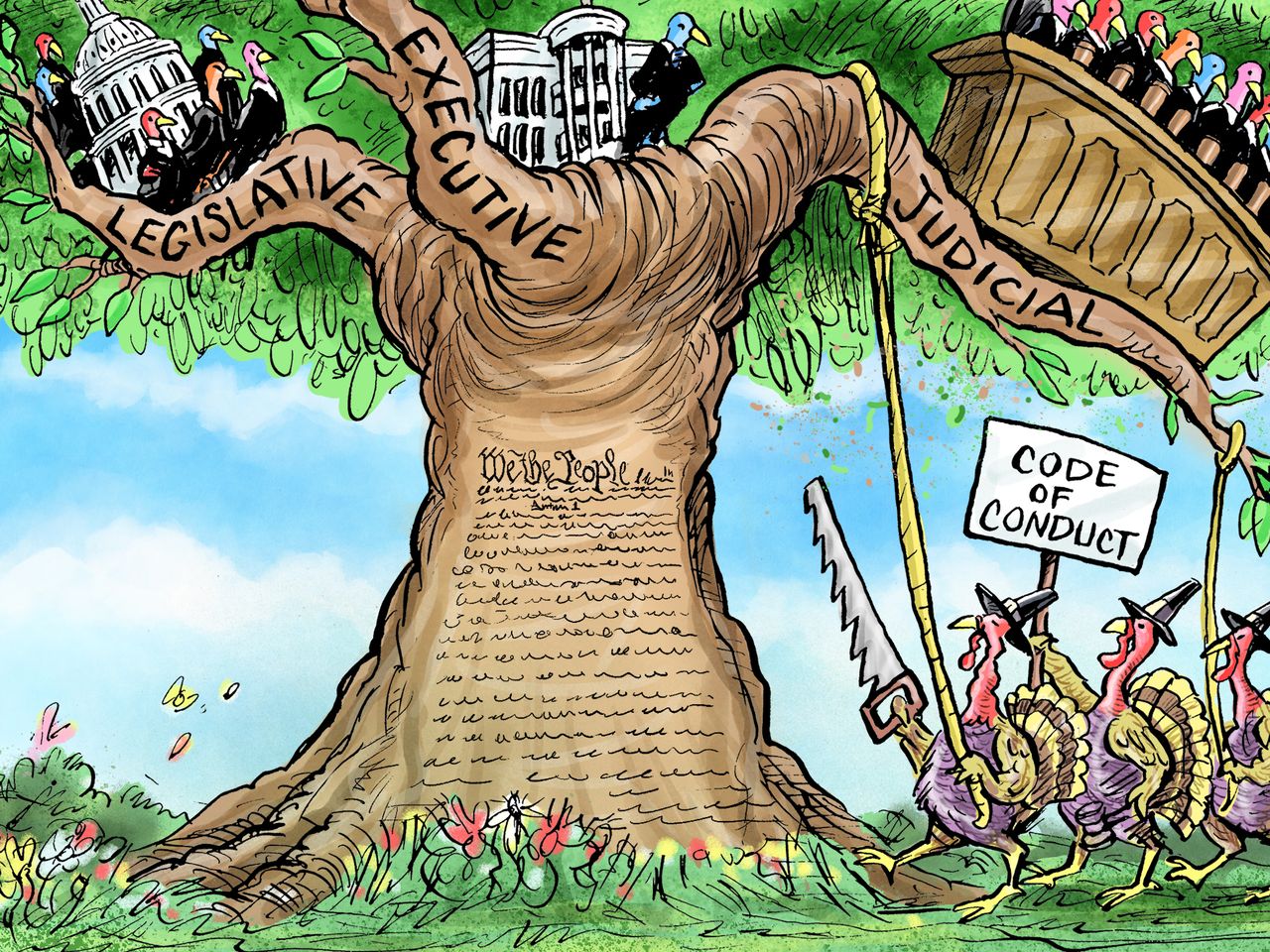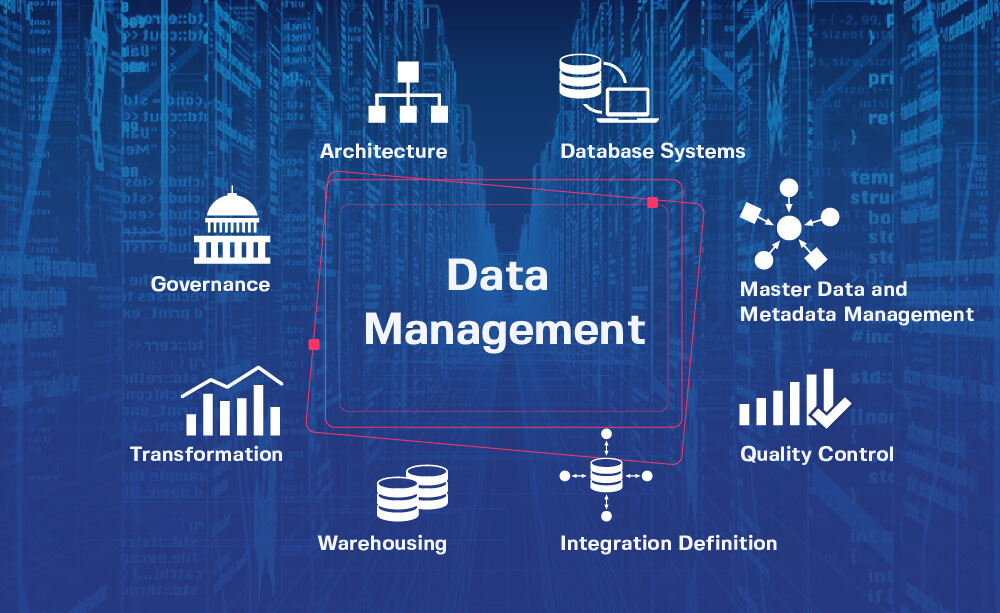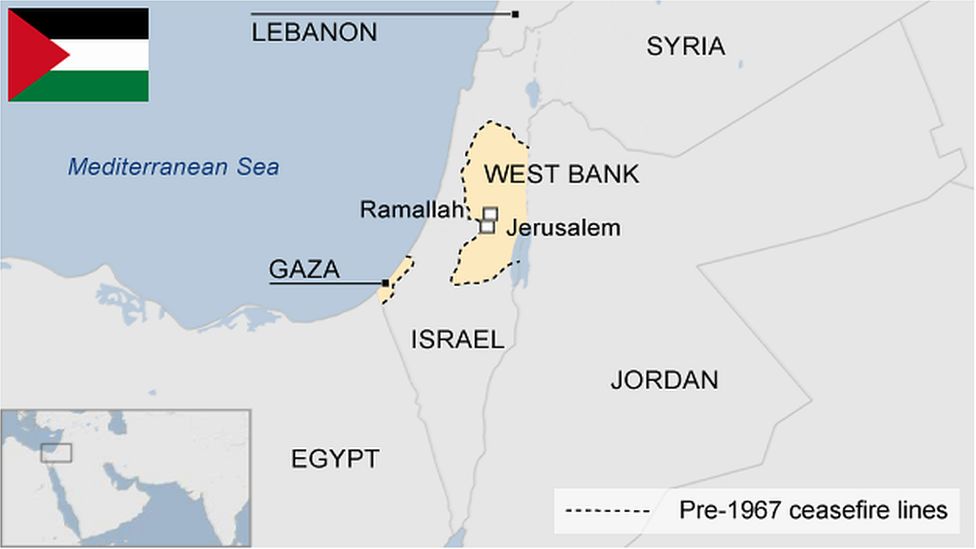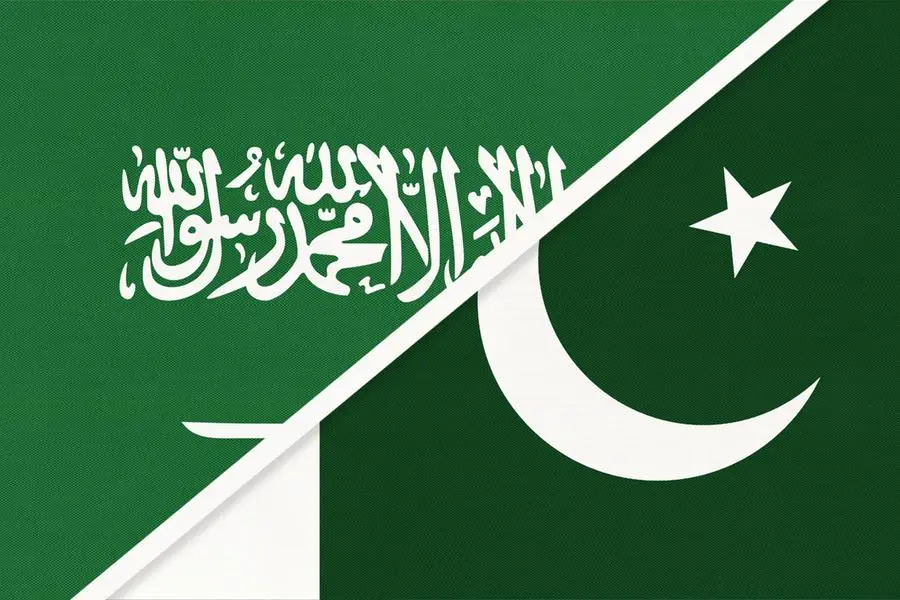Over the course of nearly eight decades, the United Nations has been a catalyst for collective action and has provided a framework for socioeconomic development. Multilateralism has undergone significant evolution, with a primary focus on peacekeeping efforts, and has expanded to encompass newer challenges in the face of increasing interdependence.
The current state of the world is defined by a triple planetary crisis – climate change, nature loss, and pollution. This crisis is rooted in the post-World War II industrialization and a development model that has come at a high environmental cost. The world finds itself in a perilous position, with extreme weather events, water shortages, food insecurity, and the risk of pandemics and displacement of people due to climate change being only a few examples of the threat to human life.
The last few decades have seen a rapid deterioration in terms of climate change and nature loss. The economies and societies across the globe are suffering from the rising poverty levels and lack of job opportunities. The severity of this environmental poly-crisis demands a global response that transcends national borders.
In today’s world, the global response to the environmental poly-crisis is more important than ever. It requires the cooperation of all nations and communities to combat the challenges at hand. With the UN as a central vehicle, countries must come together to create policies that are rooted in environmental sustainability.
The UN has already taken significant steps to address these issues through various conferences and conventions such as the Paris Agreement, the Convention on Biological Diversity, and the Convention on Persistent Organic Pollutants. However, the implementation of these agreements has been lacking, and further action is required.
One of the most significant hurdles in the implementation of environmental policies is the lack of political will and accountability. Countries must take ownership of their actions and work towards achieving common goals. The use of phrasal verbs and idioms can be helpful in conveying the message of individual responsibility. For instance, countries should “step up” their efforts, “take the lead” in environmental sustainability, and “act in concert” to achieve the desired outcomes.
Another critical aspect of addressing the environmental poly-crisis is the active participation of all stakeholders, including businesses and civil society. The private sector can play a vital role in promoting sustainable practices by investing in renewable energy and reducing their carbon footprint. Civil society can create awareness and advocate for change by using their voice and influencing policymakers.
Acquire our monthly English and Urdu magazine promptly by accessing the Daraz App hyperlink!
https://www.daraz.pk/shop/3lyw0kmd
It is important to note that the responsibility of addressing the environmental poly-crisis lies not only with the developed nations but also with developing countries. These countries have the opportunity to learn from the mistakes of others and take a sustainable development path that does not compromise the environment. Phrasal verbs such as “catch up” and “make up for lost time” can be used to emphasize the need for developing nations to take action quickly.
Finally, it is crucial to acknowledge the role of individuals in addressing the environmental poly-crisis. Small changes in lifestyle, such as reducing meat consumption and opting for public transportation, can go a long way in reducing carbon emissions. The use of idioms such as “every little bit helps” can help emphasize the impact of individual action.
Environmental multilateralism has been around for several decades and has served as a vital mechanism for coordinated collective action for global welfare. However, with the triple planetary crisis of climate change, nature loss, and pollution, there is an urgent need for more action. In this day and age, environmental diplomacy has embraced other stakeholders, such as youth, civil society, local authorities, businesses, indigenous communities, international financial institutions, and others to discuss climate and environmental issues. Inclusivity, transparency, and a broad-based consensual approach are hallmarks of this environmental multilateralism.
Despite the prevailing political logjams, environmental diplomacy has sailed relatively smoothly, producing elaborate international institutions and policy frameworks over the last five decades. The UN Conference on Human Environment established UNEP, the main environment authority in the UN system in 1972. The Rio+20 summit in 2012 refreshed the environmental authority’s mandate, and the following year the General Assembly upgraded its 58-member governing council that became the UN Environmental Assembly.
Various scientific bodies were founded for evidence-based research, and knowledge generation and sharing have underpinned policymaking. Most states have signed and ratified environmental conventions and treaties, converting them into national laws and action plans. The global action plan contained in the 2030 Agenda for Sustainable Development encapsulates climate and environment as an interlinked subject across all Sustainable Development Goals.
UN Secretary-General António Guterres is set to convene an SDG summit in September to ‘turbo-charge’ this global development agenda. The timely implementation of the SDGs will furnish hope for the well-being of the people and the planet, and the achievement by states of targets on climate and the environment will support the SDGs. Environmental multilateralism has continued to deliver despite the prevailing challenges.
Last year’s adoption of the Montreal-Kunming Global Biodiversity Framework and the establishment of the Loss and Damage Fund for the climate were milestones that were reached under considerably difficult conditions. However, as the planetary crisis shows few signs of abating, more must be done. Through a whole-of-government and a whole-of-society approach, countries will need to ramp up their ambitions and take urgent action to deliver on them.
The UN has a vital role in fostering renewed international collaboration to find solutions to the myriad problems of the planet. Strengthening multilateralism is the only way to a peaceful world, and working together for peace and development is greater than ever. Now is the time to boost multilateralism and promote multilateral cooperation for people’s well-being.
In conclusion, environmental multilateralism has evolved over time, and its inclusivity, transparency, and broad-based consensual approach are hallmarks of its success. Although environmental diplomacy has achieved significant milestones, more action is needed to tackle the triple planetary crisis of climate change, nature loss, and pollution. The UN has a crucial role to play in fostering international collaboration to find solutions to the planet’s myriad problems. It is time to promote multilateralism and multilateral cooperation for people’s well-being and a peaceful world.
Read more:






































